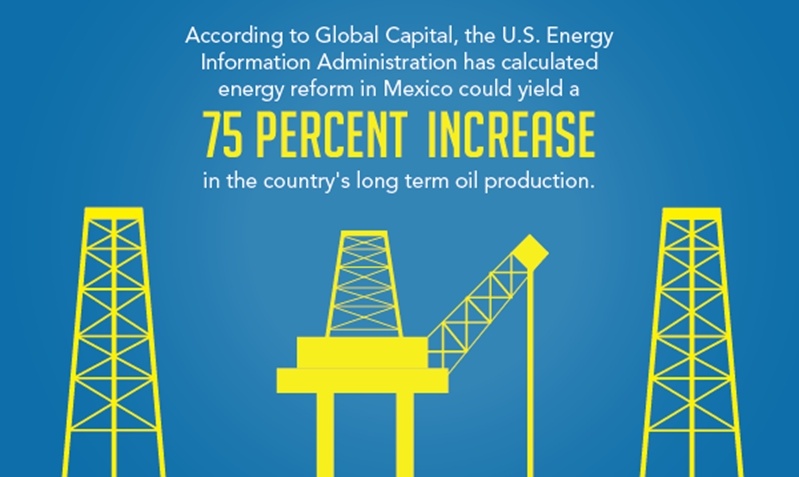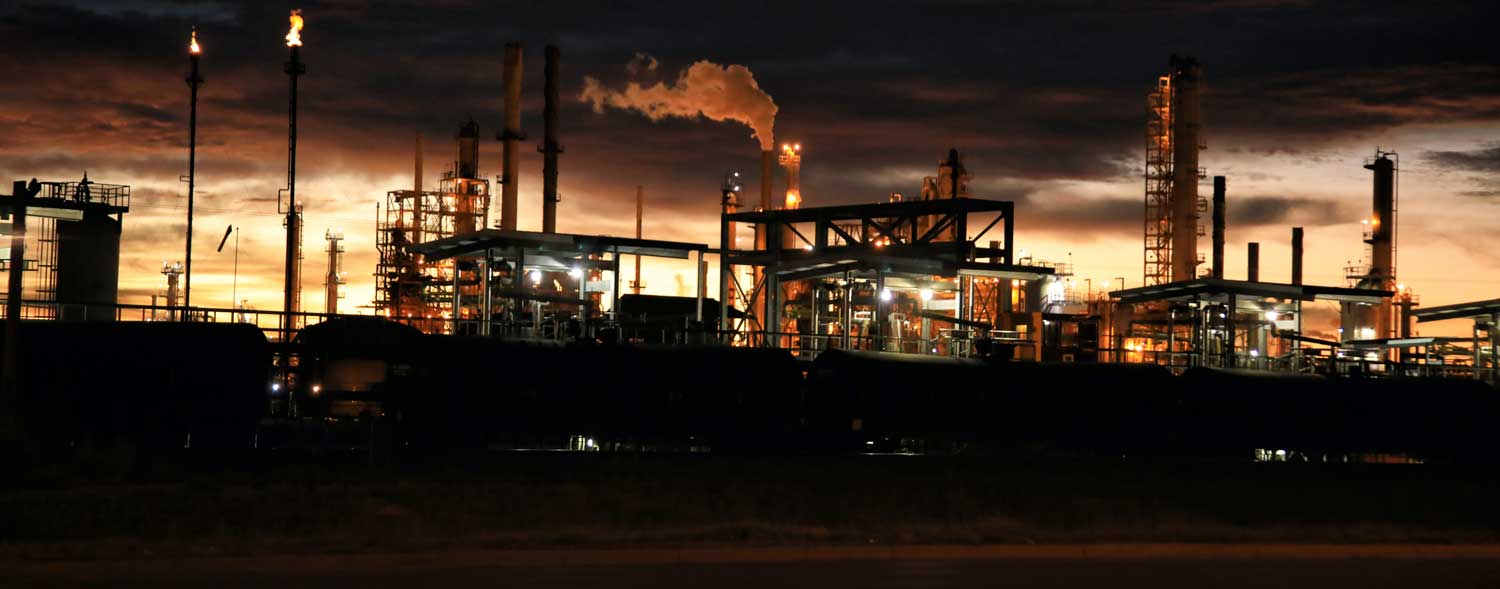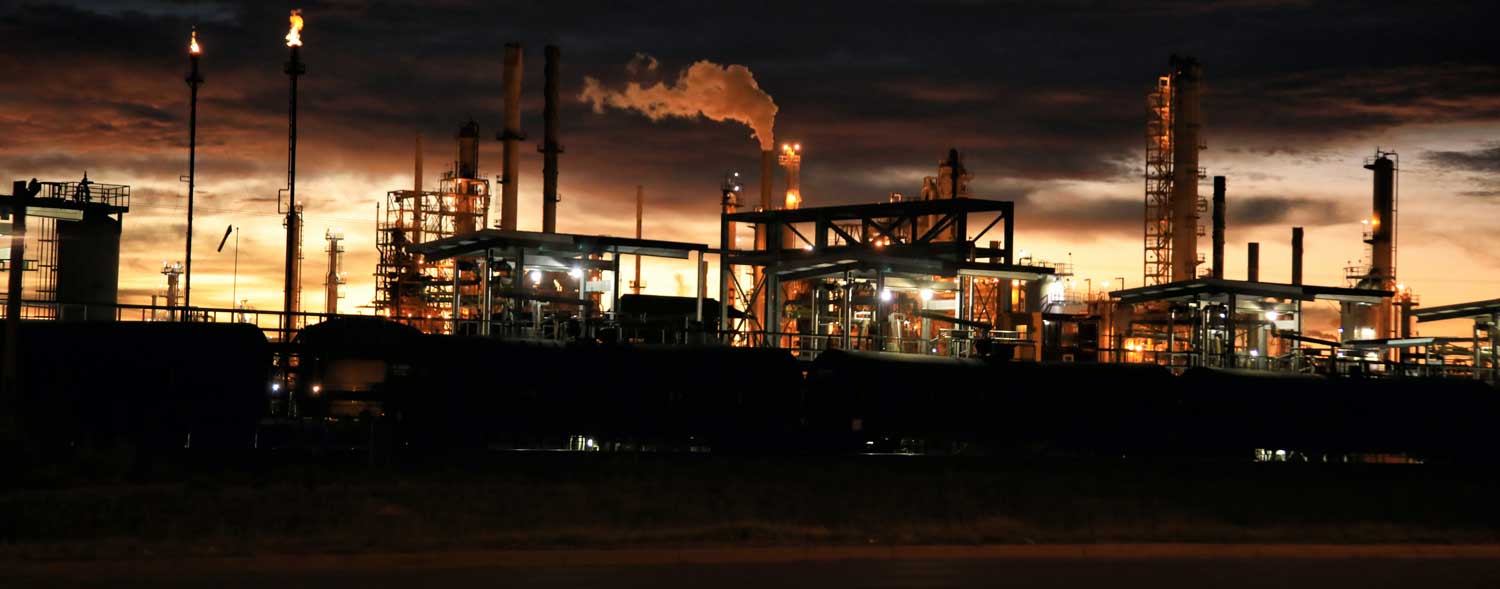The U.S. recently approved limited crude oil trading with Mexico, an important step in the country's efforts to boost economic productivity by opening its energy markets and improving fuel efficiency.
According to The Wall Street Journal, the U.S. Commerce Department told members of Congress it intends to approve an application by Mexico's national oil company, Pemex, to exchange heavy oil pumped there for light crude oil produced in the U.S. The deal is a small step toward lifting the U.S. export ban that goes back to the 1973 oil crisis in the Middle East.
The agreement has a handful of benefits for Mexico and North America as a whole. Beyond the nearly 100,000 barrels of U.S. oil that will be brought into Mexico per day, the country plans to blend U.S. light crude oil with its extra-heavy oil to help its refineries make more gasoline and run more efficiently. The deal will fuel the creation of a North American energy bloc - making manufacturing in Mexico and exporting in the region more affordable. Many energy economists also believe the exporting of U.S. crude oil will ultimately help lower global oil prices.
Transformation of Mexico's energy sector
Historically, Mexico has had a fairly closed energy sector. However, reforms - and agreements such as the recent opening of trade with the U.S. - have had a positive impact on the country's economy and outside investment. According to Global Capital, one of the most significant reforms within the industry is the change of Pemex's legal status in 2013, which made the company a state-owned productive group. The change in status allowed the company to enjoy much more independence from the Mexican government.
 Energy reform will have a positive impact on manufacturing in Mexico.
Energy reform will have a positive impact on manufacturing in Mexico.Liberalization of Mexico's energy sector and renewed trade in crude oil with the U.S. will lead to greater gas and oil output in the coming years. According to Global Capital, the U.S. Energy Information Administration has calculated energy reform in Mexico could yield a 75 percent increase in the country's long-term oil production. Ultimately, more efficient gas production means lower energy costs and fewer barriers to manufacturing and production within the country's borders.
Jon Walbridge, managing director of Macquarie Infrastructure and Real Assets Mexico, believes the country's focus on relaxing control over the oil industry and opening it up to private investment is largely tied to manufacturing in Mexico.
"[A]lthough Mexico has a very productive manufacturing sector, it remains hampered by the high costs of energy in the domestic market." Walbridge told Global Capital. "So the second leg of the reforms is aimed at increasing the share of gas in Mexico's overall power generation mix and improving the efficiency of its domestic generation, transmission and distribution."
Changing electricity policies draw manufacturers
One of the greatest impacts of Mexico's efforts toward more efficient and open oil production and trade is the cost of electricity. Beyond the country's many free trade agreements, proximity to the U.S. and inexpensive labor costs, the price of electricity is rapidly becoming one of the greatest appeals to outside manufacturers.
The constitutional changes in 2013 - which allowed foreign companies to invest in the country's oil and gas reserve and alleviated state control over Pemex - also opened up its electricity market. As cited by CNBC, Mexico's Federal Electricity Commission chief executive Enrique Ochoa Reza said that electricity rates for industrial consumers had fallen between 18 and 26 percent over March of 2014. Further, David Goldwyn of energy advisory firm Goldwyn Global Strategies told CNBC the country was able to reduce electricity costs for industrial customers by 10 percent just one year after the reforms were implemented in 2013.
Investment opportunities from Mexico's energy reform, including investment in electricity, make the country a more attractive destination for manufacturers. Global Capital noted this shift is because the liberalization of electricity is expected to lead to a dramatic reduction in costs for the industry.
"Investment in electricity makes the country a more attractive destination for manufacturers."
The reduction in costs is also directly tied to the country's efforts to make natural gas more affordable and efficient. Citing research conducted by HSBC in Mexico, Global Capital reported that the Federal Electricity Commission plans to reach 65 percent of electricity power generation through natural gas, which will lower costs significantly.
As a result of Mexico's boosting efficiency in the Federal Electricity Commission and its emphasis on improving its electricity grid to run on natural gas, CNBC stated there has been a rush of automotive and other manufacturing activity in the country. Nissan and Daimler, BMW, Ford and Audi are among a handful of other companies that have responded positively to Mexico's energy reform, natural gas optimization and subsequent reduction in electricity costs.
Subscribe
Sign up and stay informed with tips, updates, and best practices for manufacturing in Mexico.





